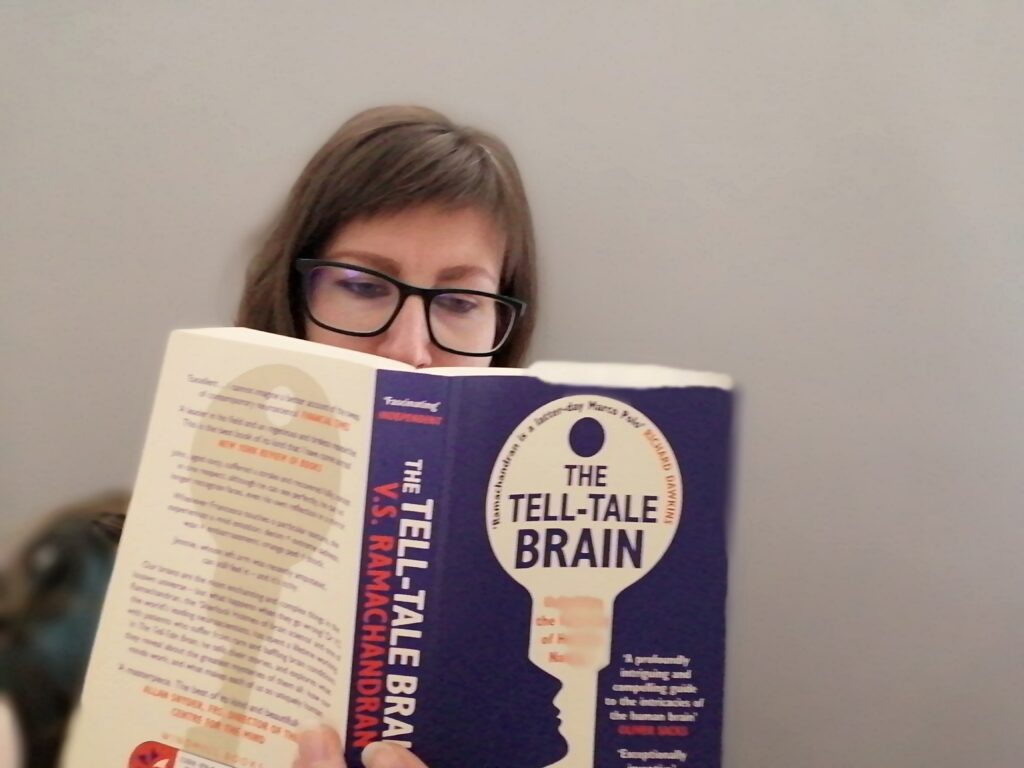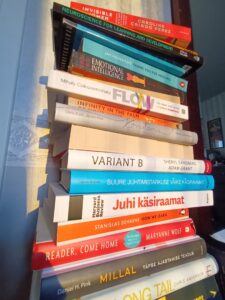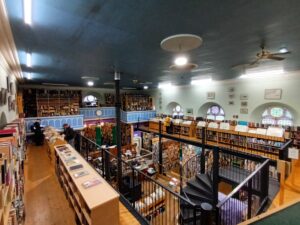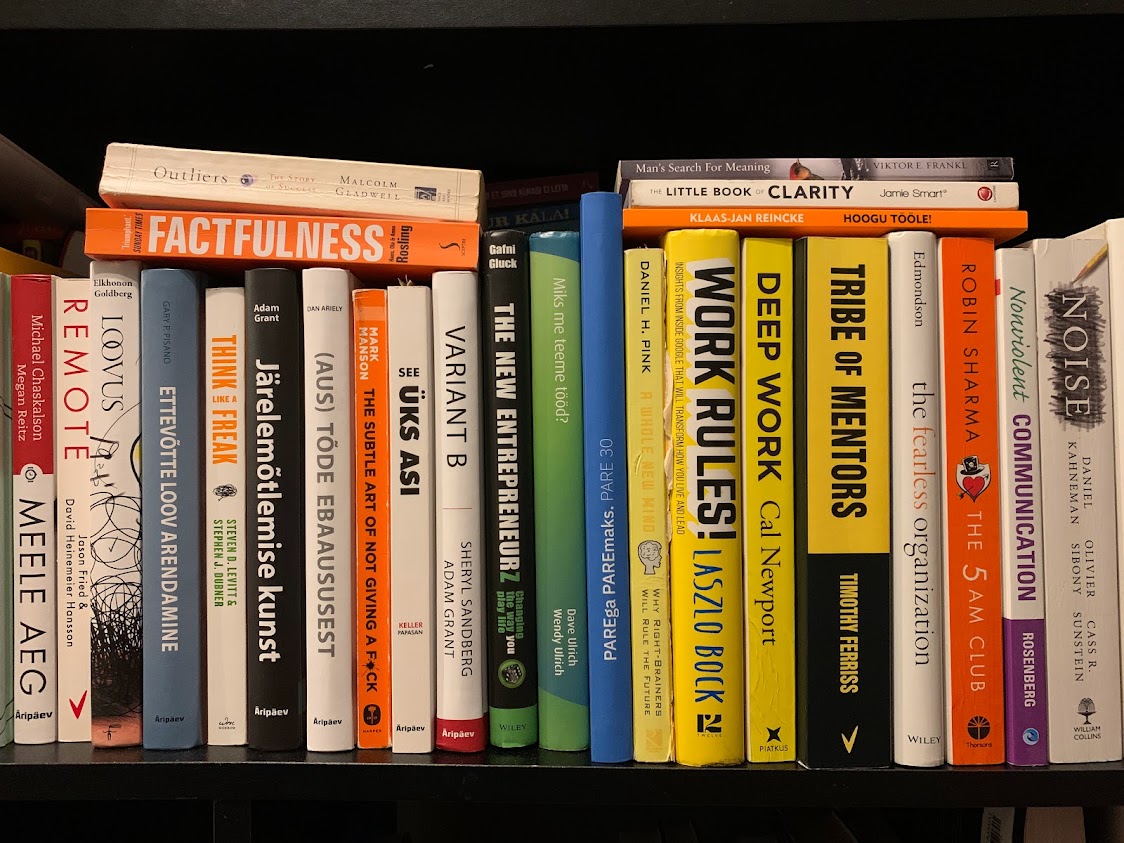1st, be a bit curious. 2nd, let your curiousity grow as you read. 3rd, read some more. Easy-peasy! Granted, it helps to have a few ideas of which books to read. 2 books out of my 44 were fiction, 42 to were non-fiction. The previous year there was no fiction on my list and some years I have only read fiction (like the wonderful worlds of Murakami). I hope this article acts as an inspiration to pick up a book (or two) about something you are curious about!
1. Be a bit curious
Note to self: curiosity did not kill the cat! It was worry, if anything at all. So stop worrying – as that might actually kill you – and get curious! Reading a book when not interested can be hard. We all remember books we had to read for school that didn’t really speak kto us. But reading because you are curious about a topic is a whole other story (pun intended).

Another lesson from school is reading to find specific answers. This lesson is two-fold. On the one hand, it’s great to read when seeking out specific answers to questions. If the questions are too specific, however, it can make us virtually blind to any content that is not directly related to the question at hand. So be curious and keep an open mind!
My general question is “how do teams work” which opens up a lot of directions: how do individuals behave? What does good leadership look like? What makes us like some people and not others? How to stay motivated and inspire others? Having one big question and several smaller ones allows me to navigate my way through a vast landscape of books ever written while leaving me lots of options.
Having options can be paralizing, but it also brings joy knowing that I always have a choice. It helps to have my own tsundoku pile!
2. Don’t stress about the books you haven not read (yet)

Don’t stress, but care. If you don’t care at all, it will be tough to motivate yourself to read. But stress, leave that to others (like the movers who have to transport all my books when I ever change homes!) In Japan, there is a beautiful word for the books you have bought but not read (yet) – tsundoku. For some, this connects to hording (and I guess from a certain point it might be the same), but for me it connects with joy: whenever I finish a book, I have this delightful moment of deciding where to turn my attention next.
There’s a saying that when you choose your outfit for a day, you essentially choose who you want to be that day. With books (at least the non-fiction kind I read), it might be more about who we want to become. As every book has the chance to change our thinking, our opinions, our behaviour. This is why you should also be careful with the books you read. Check the authors, check the reviews, and find your book-tribe. If a book doesn’t speak to me, I set it aside. But I pick it up again at least a few times. Why? Because with every book I read and every experience I have, I grow. Something that does not speak to me today, might speak to me tomorrow, next year or even further down the line.
3. Build a structure
Just like having bookshelves is a good way to systemize the books you own, so does structuring your day allow for more reading time. If reading is a priority, treat it accordingly. Years ago when I was deciding which path to take in life, I marked down something I wanted: to have 1 hour every day to read quality content. As part of the work day! Not a nice “light some candles, brew some tea and cozy up with a novel” kind of me time, but hardcore reading like I mean business me time to develop myself and bring new content to whatever work I do. That was before starting my own business. As I applied for a great job and mentioned this intention, I encountered some raised eyebrows and got the job!

Reading an hour a day may seem a lot. Or it may seem a little. It all depends on your perspective. And your perspective depends on your goals and systems. My goal is to support amazing teams becoming even more amazing and having a huge positive impact in the world. I could build a system around a single idea and never alter it until the idea goes out of style or I go out of business. Instead, I build my team development systems on iterating and growth: this means seeking out and implementing concepts from neuroscience, psychology, behavioural economics and other fields. This means adapting and adjusting to both the new info I encounter as well as the specific teams I work with. To that end, reading an hour a day is not a lot. Which is why I often read more than that.
What does my reading structure look like? I wake up and after excercising and meditating I sit down with my morning coffee and my morning book (when reading different books at once, the morning book is usually one that gets me excited and energised while the evening book might rather help me wind down and make me sleepy). Bringing reading to the start of my day prepares me for the day ahead. It also sparks my own thinking and creativity which I need to build my training programs and run them with maximum effect.
I might pick up a book again during lunch or with my afternoon coffee. In the evening, I might read again. What helps me is a general rule of not picking up my phone in the morning before I’ve had my coffee and of putting it down in the evening at least an hour before bed time. This opens up time that would otherwise likely be filled with mindless scrolling or random car videos. (This is not a typo: I am more into cars than cats!)
So build you structures for reading, find your book-tribe, and keep enjoying reading! If you’d like to join a reading club with fellow readers, reach out and let’s see if our book-tribes have enough overlap! You can reach me directly on LinkedIn, Facebook or email.
